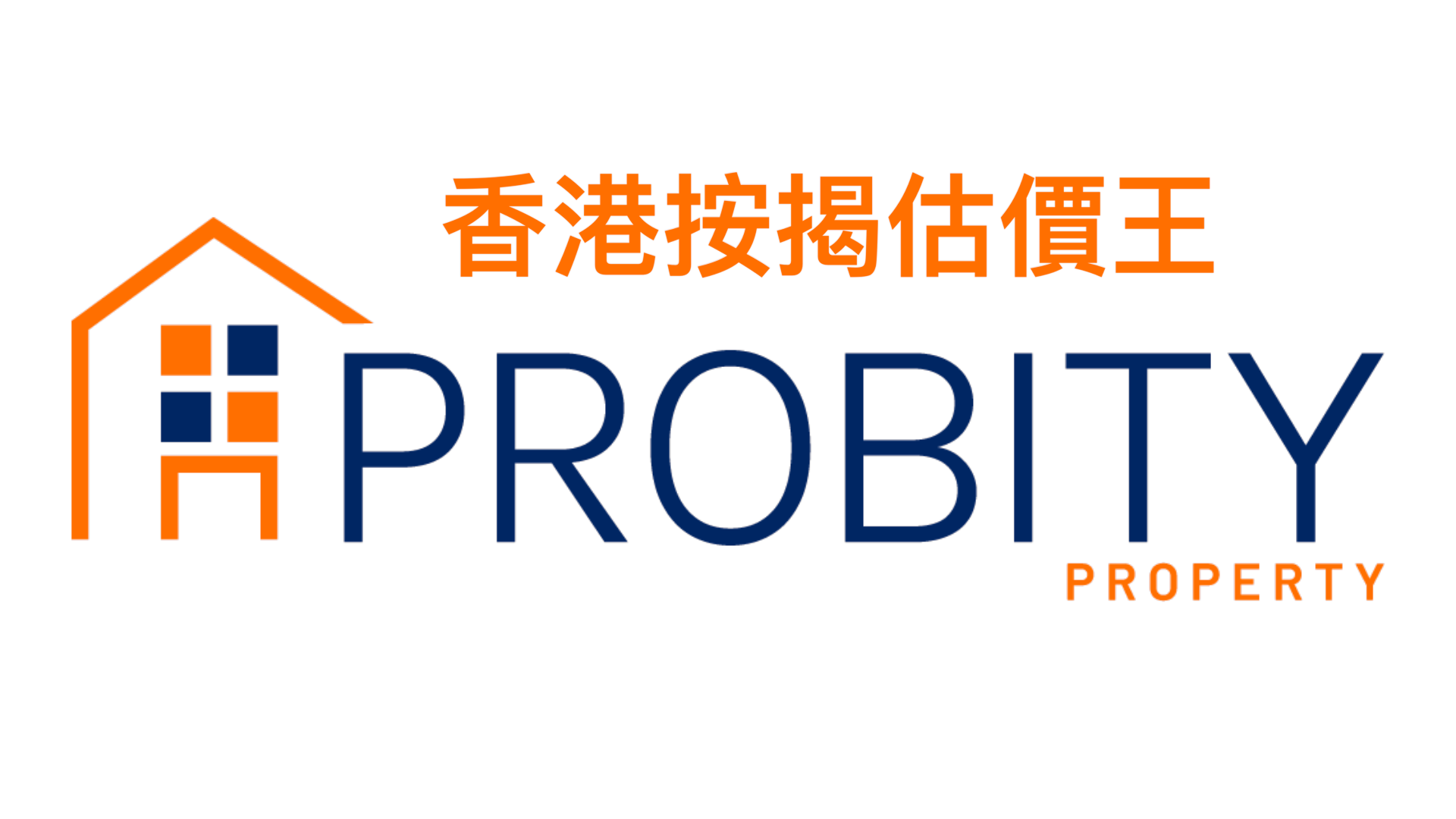Understanding Loan-to-Value and Stress Testing when Refinancing Property

Understanding Loan-to-Value and Stress Testing when Refinancing Property
Current policies, borrowing restrictions, and considerations
In recent years, Hong Kong's property market has been subject to volatility, impacting the value of many properties. For existing property owners, refinancing their properties to restructure their debt and access higher loan-to-value (LTV) ratios may be a consideration. However, there are risks associated with refinancing, and property owners must be aware of relevant policies, borrowing restrictions, and considerations before doing so.
Current Policies
According to the policy set by the Hong Kong Mortgage Corporation (HKMC), the LTV ratio for refinancing a property is calculated based on the property's value. For properties valued at HKD 6 million or below, the maximum LTV ratio is 80%; for properties valued between HKD 6 million and HKD 8.34 million, the maximum LTV ratio is 60%; for properties valued between HKD 8.34 million and HKD 10 million, the maximum loan amount is capped at HKD 5 million; and finally, for properties valued above HKD 10 million, the maximum LTV ratio is 50%.
Borrowing Restrictions
When refinancing a property, property owners need to be aware of borrowing restrictions. For example, if a property owner originally took out a 60% LTV mortgage but the property value drops below HKD 6 million, they may still be able to refinance the property at a higher LTV ratio. However, property owners need to note that additional mortgage insurance premiums may apply during the refinancing process, or the refinancing must be done within two years of the property purchase to avoid penalty interest. If property owners want to refinance at a higher LTV ratio, the repayment period can be up to 25 years, and the monthly income requirement may increase, requiring the payment of corresponding mortgage insurance premiums.
Stress Testing
When refinancing a property, property owners need to undergo stress testing. The stress testing requirements vary depending on the circumstances. If the refinanced property is for self-use and there are no other mortgages, the stress testing will be calculated at 50/60, meaning that monthly payments cannot exceed 50% of the income. However, if the refinanced property is for rental or if the property owner has other mortgages, the stress testing will be calculated at 40/50. However, if property owners have already obtained a high LTV mortgage with mortgage insurance, they may be exempt from stress testing, but the monthly payment amount still cannot exceed 50% of their income.
In conclusion, refinancing can be a choice that helps property owners solve financial problems, but it requires careful consideration of their financial situation and market conditions to ensure repayment ability and financial stability. Property owners also need to comply with policies, be aware of repayment periods, interest rates, and stress testing, among other factors.


